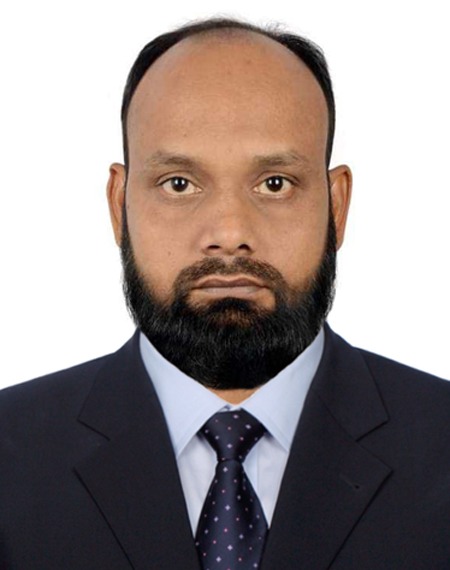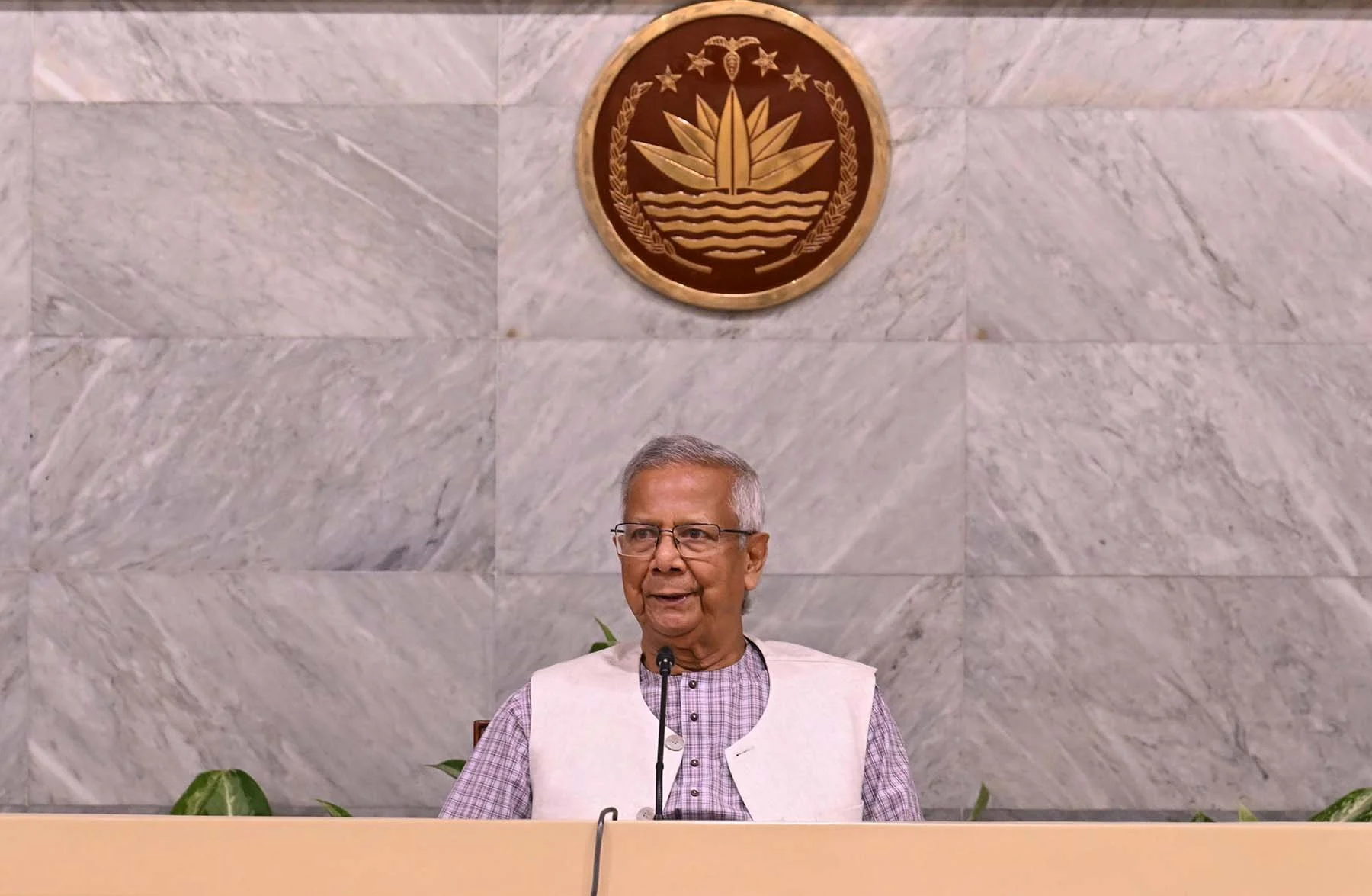
Khwaja Masum Bellah Kausarey: Sexual dysfunction refers to a biological and psychological problem that obstructs sexual behavior and satisfaction. Both men and women can suffer from it, yet public discussion around the topic remains relatively rare. Sexual dysfunction is not merely a personal issue—it is a critical public health concern that profoundly affects marital life, mental health, and even broader social stability.
Among men, the most common types of sexual dysfunction are erectile dysfunction, premature ejaculation, and lack of libido. For women, typical issues include lack of sexual desire, failure to achieve arousal, or experiencing pain during intercourse (dyspareunia).
According to the World Health Organization (WHO), sexual health is defined as “a state of physical, emotional, mental, and social well-being in relation to sexuality.” However, due to the taboo and social stigma surrounding sexuality in many societies, public awareness and access to medical support in this area remain very limited.
International studies reveal that nearly one in three men and one in two women experience some form of sexual dysfunction at some point in their lives.
Age, diabetes, high blood pressure, cardiovascular disease, depression, and anxiety are among several physical and mental health issues directly associated with sexual dysfunction. Experts suggest that sexual performance issues can sometimes be early warning signs of heart attacks or diabetes. On the other hand, poor mental health, relationship conflicts, and past experiences of sexual abuse are often deeply rooted causes.
Women’s sexual health is less researched and even less socially recognized. Familial pressure, biological changes after pregnancy and childbirth, or lack of sexual safety can negatively impact women’s sexual well-being. Many women’s sexual experiences remain unfulfilled, yet society sees this as a matter best kept silent.
In Bangladesh, the socially imposed silence around sexuality intensifies the problem for women. They often hesitate to seek medical help, fearing judgment or criticism from relatives or society. As a result, their issues remain unspoken and untreated.
Male sexual capability is socially linked to the idea of “masculinity.” Thus, any dysfunction can severely harm a man’s self-confidence. Many begin to doubt their own manhood and suffer from intense guilt or shame.
According to data from various studies—such as the Massachusetts Male Aging Study—about 52% of men experience erectile dysfunction at some point in life. At age 40, the incidence rate is about 40%, and by age 70, it rises to 70%.
In most cases, sexual dysfunction is tied to mental health conditions, including low self-esteem and anxiety. These conditions may push individuals toward depression, alcohol or substance abuse. In many cases, sexual dysfunction plays a hidden but significant role in marital discord or even divorce.
Sexuality remains a taboo topic in our society. As a result, neither men nor women feel comfortable discussing these issues openly. At the public health level, sexual health is not yet fully integrated into mainstream healthcare strategies.
Public health awareness programs have successfully raised awareness on diabetes, heart disease, and vaccination, but sexual health has not received the same attention. Yet, sexual health is deeply linked to personal identity, self-esteem, and the foundation of intimate relationships.
There are now several treatment options and therapies available for sexual dysfunction—including hormone therapy, counseling, cognitive behavioral therapy, and medication. However, many people avoid treatment due to shame, lack of information, or high costs.
In the context of Bangladesh, sexual and reproductive health services are more active in private clinics, but questions remain about service quality, confidentiality, and sensitivity toward women. In government health services, sexual health awareness and therapy programs are still limited. Most of the care provided focuses on contraception or reproduction. However, sexual health is far more comprehensive than just these areas, and this broader perspective is still largely missing.
Sexual and relationship education should be introduced in schools and colleges in a manner that is both scientifically accurate and culturally sensitive. Public and private healthcare systems should include dedicated sexual health departments. Trained psychosexual therapists and counselors must be recruited. Research on sexual dysfunction and its impact on public health should be expanded so that a clearer understanding can lead to effective policymaking. Through mass media, drama, cinema, and writing, we must promote a realistic, respectful, and humane approach to sexuality.
Sexual dysfunction among both men and women in our society is a “silent epidemic.” It is not just a matter of marital life, but a holistic issue encompassing health and social stability. Only through proper awareness, treatment, and an empathetic perspective can this problem be addressed. We must recognize sexual health as an essential part of public health and act accordingly, both in policy and in social mindset. Because health does not only mean the absence of disease—it means that a person is physically, mentally, and sexually well. That is the true definition of holistic health.
Author: Khwaja Masum Bellah Kausarey, the Executive Director of SEDRO (A non governmental Research Organization), Senior Journalist, and Human Rights Activist in Bangladesh.






